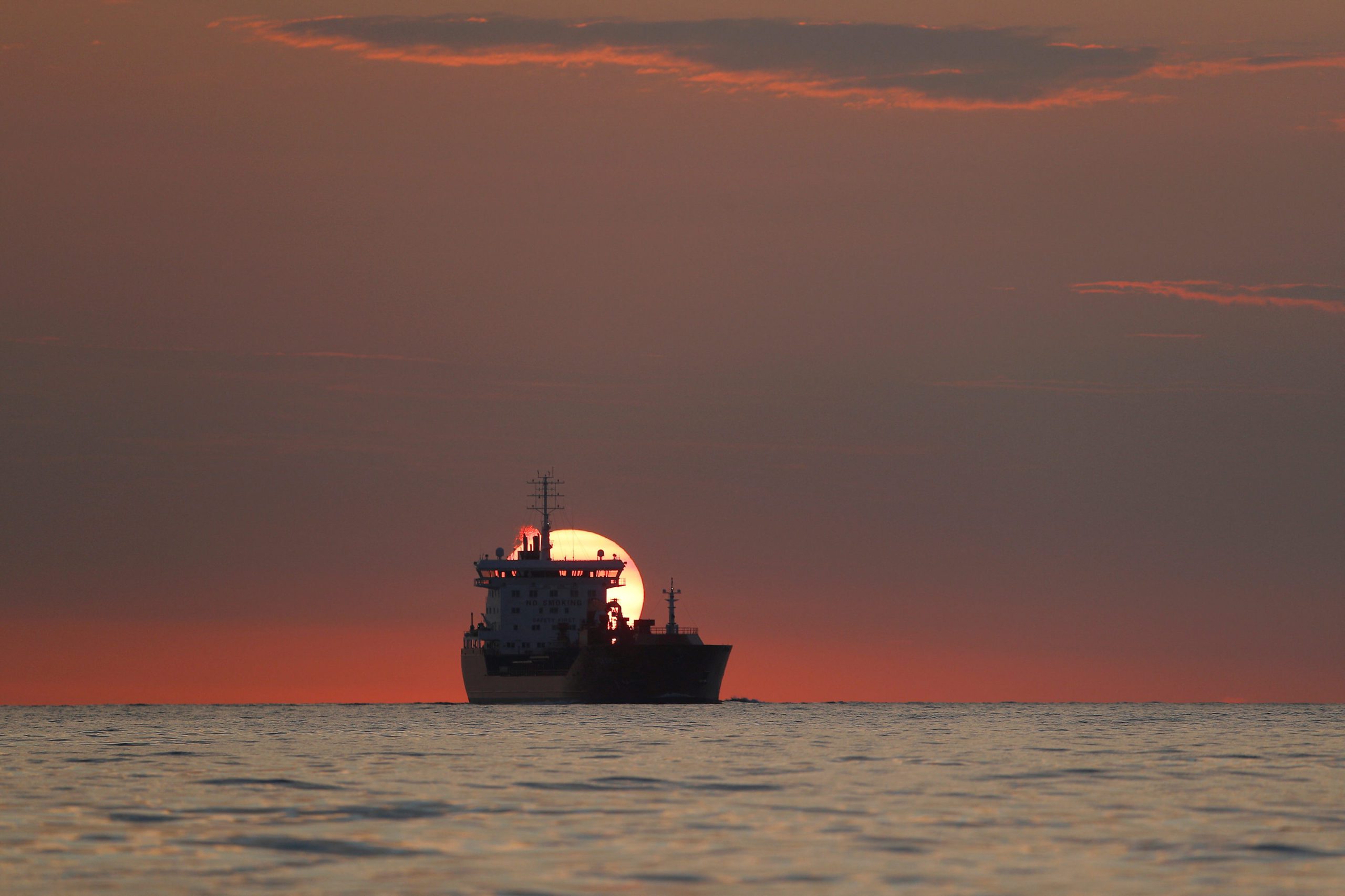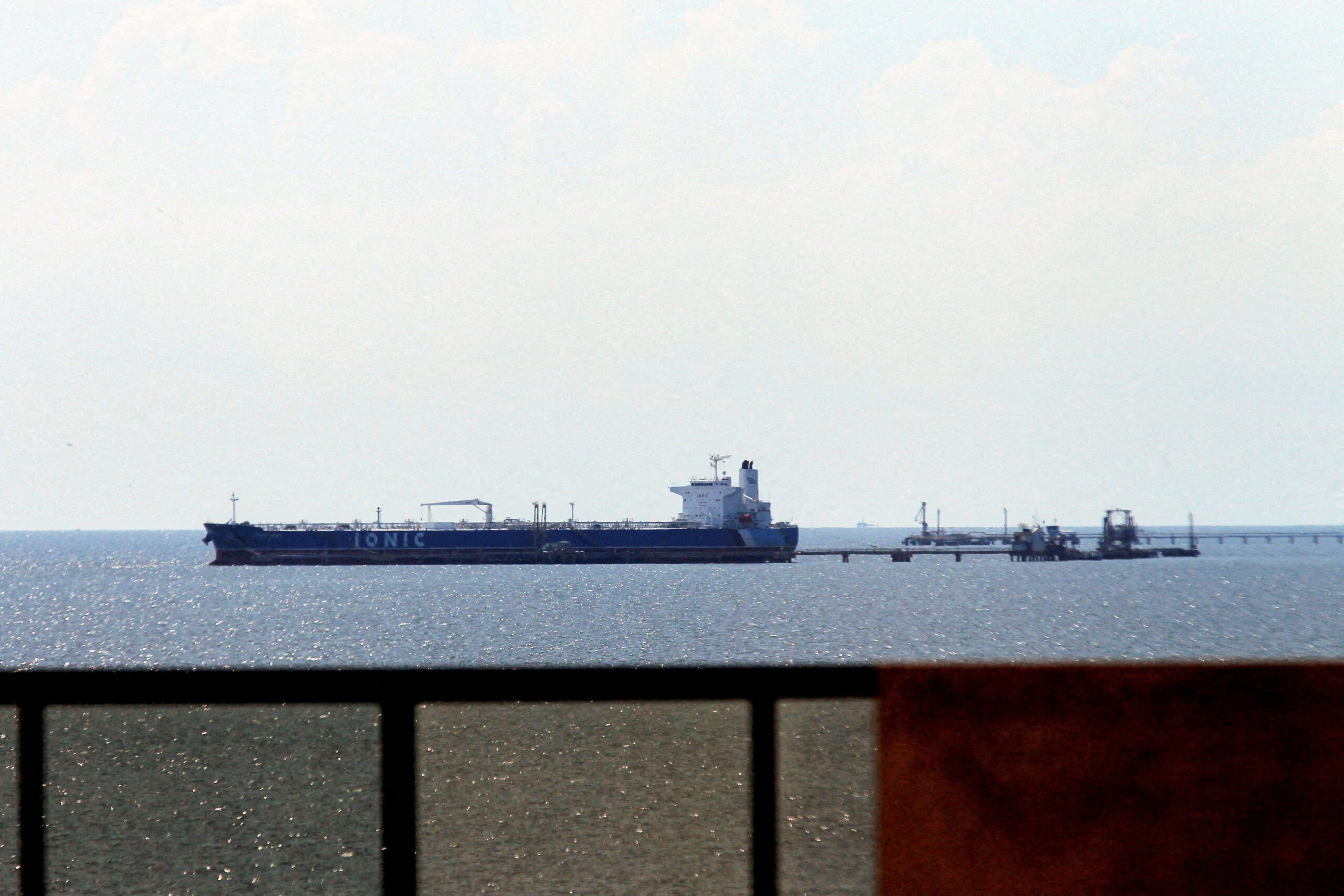At London International Shipping Week today, Accelleron unveiled a maritime decarbonization report calling on the shipping industry to collaborate with other sectors to pool demand for carbon-neutral fuels, a move deemed essential to achieving net zero goals.
The report, titled “Deadlock: What’s Stopping Shipping’s Carbon-Neutral Fuel Transition?” argues that efficiency measures like vessel retrofits and digital solutions across the largest ships should be sufficient to meet the IMO’s 2030 carbon reduction targets.
However, the analysis indicates that deeper decarbonization toward net zero will require a shift to green hydrogen-based fuels, which currently face severe production limitations despite available technology and support from major shipowners who have ordered hundreds of vessels capable of using these fuels.
According to Accelleron, shipping alone cannot solve this problem. The report suggests that to initiate adequate production of affordable carbon-neutral fuels, the maritime industry needs to aggregate demand with other hard-to-abate sectors including steel, fertilizer, and power generation.
“It is clear from our research and analysis that reaching net zero is not only about fuels or systems, but about forging a new paradigm of partnership,” said Daniel Bischofberger, Chief Executive Officer at Accelleron.
The report’s findings show that technical and operational efficiency measures could reduce emissions by over 30% by 2030, exceeding the IMO target. By 2050, shipping will require 100–150 million tons of green hydrogen annually.
Collectively, shipping, aviation, steel, cement, power, and agriculture—sectors accounting for approximately 70% of global emissions—would need around 500 million tons of green hydrogen and $9 trillion in cumulative investment.However, only about 38 million tons of green hydrogen production are currently in development, backed by less than $320 billion in committed investment.
Accelleron’s report comes amid growing tensions over maritime decarbonization. Just yesterday, ABS Chairman and CEO Christopher Wiernicki called for the International Maritime Organization to pause and reconsider its Net Zero Framework, citing concerns about implementation feasibility.
“Shipping and the IMO are on different trajectories. There is no clear pathway for green fuel availability and scalability and infrastructure support,” Wiernicki stated at the launch of the 2025 ABS Sustainability Outlook in London.
The IMO’s Net Zero Framework faces formal adoption in October 2025, with implementation scheduled for 2027—creating urgency for the industry to develop viable solutions to its carbon-neutral fuel challenges.

 Join The Club
Join The Club










